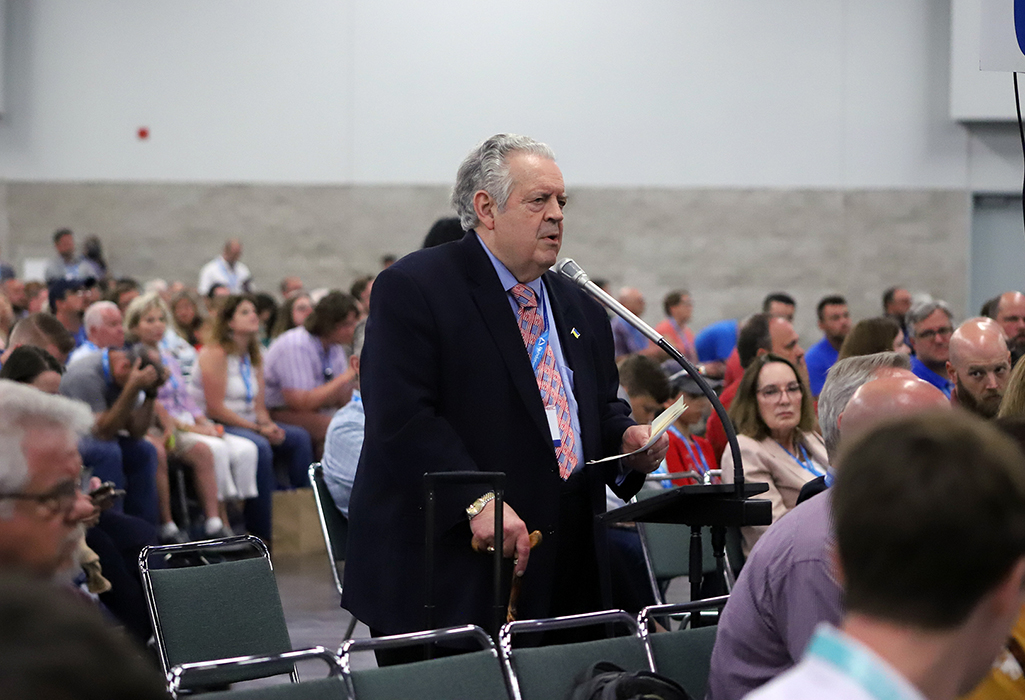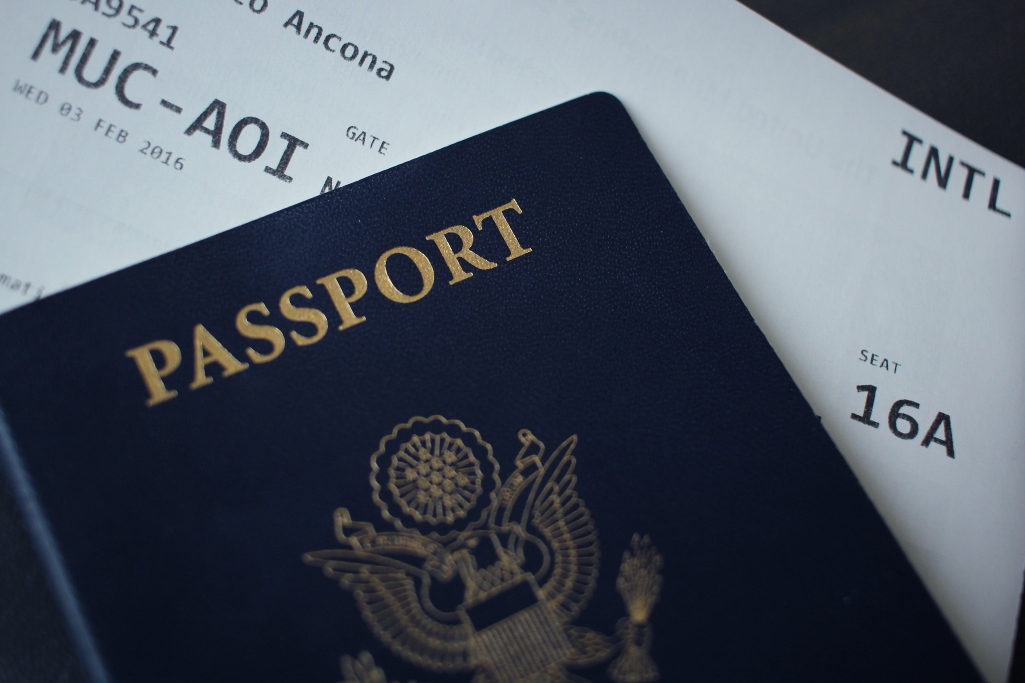
Clothed in his decorated, dress blue uniform, Gen. Doug Carver led a host of chaplains to the platform on June 10 during the opening ceremony of the SBC annual meeting. Messengers celebrated the 250th anniversary of the U.S. Army.
I first learned about the military chaplaincy 65 years ago during a Sunday service at my home church in Rome, Georgia. Up to that point, I’d never met a chaplain. The only thing I had heard from others was that a pastor who couldn’t preach often left the ministry to become a chaplain. That humorous perception has been proven wrong countless times.
When the Air Force chaplain, home on leave from his assignment in South Korea, stepped into the pulpit that day, he expounded God’s Word with such passion and authority that I immediately began praying for the Lord to send me one day into the military chaplaincy.
My next encounter with a military chaplain occurred several years later during ROTC Summer Camp at Fort Bragg, N.C. One of the camp chaplains, Southern Baptist Army Chaplain Jerry Reynolds, invited me to his chapel service and afterward for lunch with his family. Jerry had just returned weeks earlier from a tough combat tour in Vietnam. I was humbly honored and convicted to listen to his stories of how God used him countless times to share the gospel with lost soldiers, to give words of comfort to the wounded and dying, and to speak words of encouragement and hope to those struggling with the deaths of their fellow soldiers killed in combat.
After serving several years as a senior pastor, an Air Force chaplain invited me one day to lunch and asked if I had ever considered military chaplaincy.
He said, “There’s a Baptist church on almost every corner in this city, but that’s not the case in the Armed Services. Our troops desperately need men of God who will uncompromisingly proclaim Jesus Christ as Lord and Savior.”
Shortly after that conversation, I resigned as pastor of my church and took the oath of office to become a commissioned officer as an Army chaplain. I was ready and willing for the Army to send me and my family anywhere around our nation and around the world to countries where soldiers were serving the cause of freedom.
I wore an Army uniform for 38 years, 29 of them as an Army chaplain during times of peace and war. I remain extremely grateful to God for being part of the Army’s rich legacy of a uniformed chaplaincy.
The military chaplaincy began 250 years ago on July 29, 1775, when the Second Continental Congress, at the request of Gen. George Washington, established the Chaplain Corps. Washington believed that military chaplains were indispensable “points of light” to a soldier’s religious, moral and spiritual health.
In General Orders issued July 9, 1776, Washington directed his chaplains to instruct America’s citizen soldiers that “the blessing and protection of the God of Heaven are at all times necessary” to give the military success on the battlefield.
More importantly, Washington stressed that there was something more important than an Army winning its battles. A collection of his notes and correspondence shows Washington often told his chaplains and soldiers that they must trust and “acknowledge the providence of Almighty God, to obey His will, to be grateful for his benefits, and humbly to implore His protection and favor” over their lives.
Since 1775, Christian Army chaplains have worked tirelessly to make soldiers aware of the goodness of God and His steadfast love through Jesus Christ. They have provided a daily “ministry of presence” to those under their pastoral care with the hope of sharing with them the good news of Jesus Christ.
As the nation celebrates the 250th anniversary of the Army chaplaincy, pray that our Southern Baptist chaplains continue to remain “points of light” to members of the Armed Services and their families. Pray that our chaplains faithfully and courageously “shine like stars in the world, by holding firm to the word of life” (Philippians 2:15-16, CSB).


